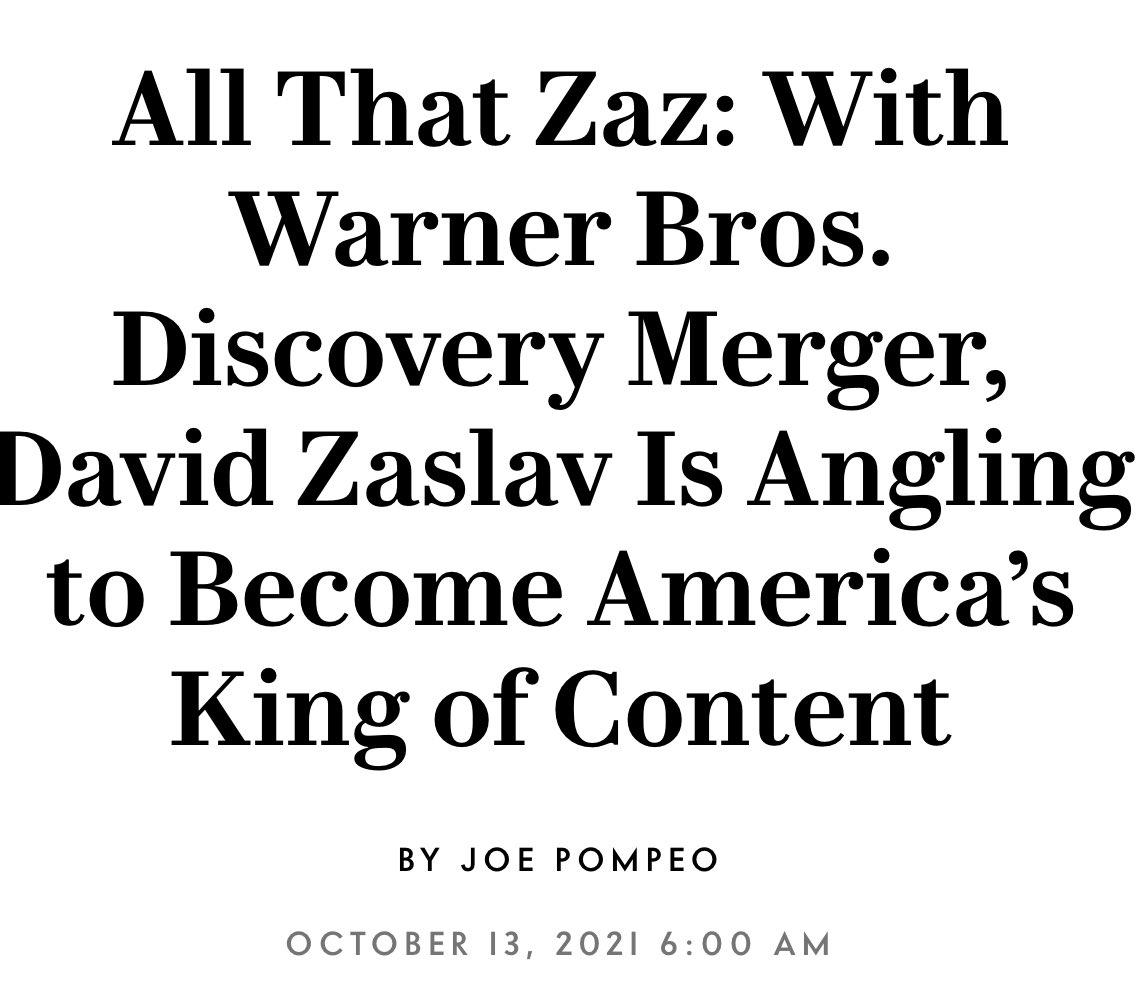
1/ Simba: "Investing based on ratios like P/E isn't working."
Mufasa: "That's because stock prices reflect transactions between investors selling the present value of future flows they expect a business to produce and buyers who expect even higher future cash flows."
Mufasa: "That's because stock prices reflect transactions between investors selling the present value of future flows they expect a business to produce and buyers who expect even higher future cash flows."
2/ Simba: "Looking up ratios on a web site is easy. Doing a Price-Implied Expectations Analysis requires some work."
Mufasa: "Do you want to use an investing system that is easy or do you want the PIE system that actually works? Use the on-line tutorial." expectationsinvesting.com/online-tutoria…
Mufasa: "Do you want to use an investing system that is easy or do you want the PIE system that actually works? Use the on-line tutorial." expectationsinvesting.com/online-tutoria…
3/ Simba: "Can't I just invest in great businesses?
Mufasa: "You can't earn superior returns on stocks that are priced to fully reflect future performance. Picking stocks is searching for mistakes What revisions doesn't the seller understand? To start, know what they expect."
Mufasa: "You can't earn superior returns on stocks that are priced to fully reflect future performance. Picking stocks is searching for mistakes What revisions doesn't the seller understand? To start, know what they expect."
4/ Simba: "Hundreds of thousands of people just invest based on ratios they can find on a web site!"
Mufasa: "Exactly. There's zero outperformance in that."
Simba: "But great businesses..."
Mufasa: "If that was all you needed to know, even Scar could outperform an index fund."
Mufasa: "Exactly. There's zero outperformance in that."
Simba: "But great businesses..."
Mufasa: "If that was all you needed to know, even Scar could outperform an index fund."
5/ Simba: "Everyone at the water hole is talking about Blue Baboon -- it has a $100 billion market cap!"
Mufasa: "No matter how great a business may be, it is not worth an infinite price. What must be true about the future for the current stock price to be undervalued?"
Mufasa: "No matter how great a business may be, it is not worth an infinite price. What must be true about the future for the current stock price to be undervalued?"

6/ Simba: "I am worried that people on financial television say Blue Baboon has no earnings."
Mufasa: "Would you like it if I paid your allowance in earnings instead of cash? People on TV are motivated by clicks. Ratios and earnings are opium for the masses not royals like us."
Mufasa: "Would you like it if I paid your allowance in earnings instead of cash? People on TV are motivated by clicks. Ratios and earnings are opium for the masses not royals like us."
7/ Simba: "People have done very well buying Blue Baboon shares so far."
Mufasa; "I've never said you can't make gains trading stocks based on price. You said you wanted to be an investor, which is instead about value. Trading based on price is a Keynesian beauty contest."
Mufasa; "I've never said you can't make gains trading stocks based on price. You said you wanted to be an investor, which is instead about value. Trading based on price is a Keynesian beauty contest."

8/ Simba: "Why don't you trade based on price?"
Mufasa: "I don't like negative net present value activities. I don't gamble.
If I'm just trying to guess what the fashion trends will be, I have no significant advantage. In a contest based on valuation I do have an advantage."
Mufasa: "I don't like negative net present value activities. I don't gamble.
If I'm just trying to guess what the fashion trends will be, I have no significant advantage. In a contest based on valuation I do have an advantage."
• • •
Missing some Tweet in this thread? You can try to
force a refresh






